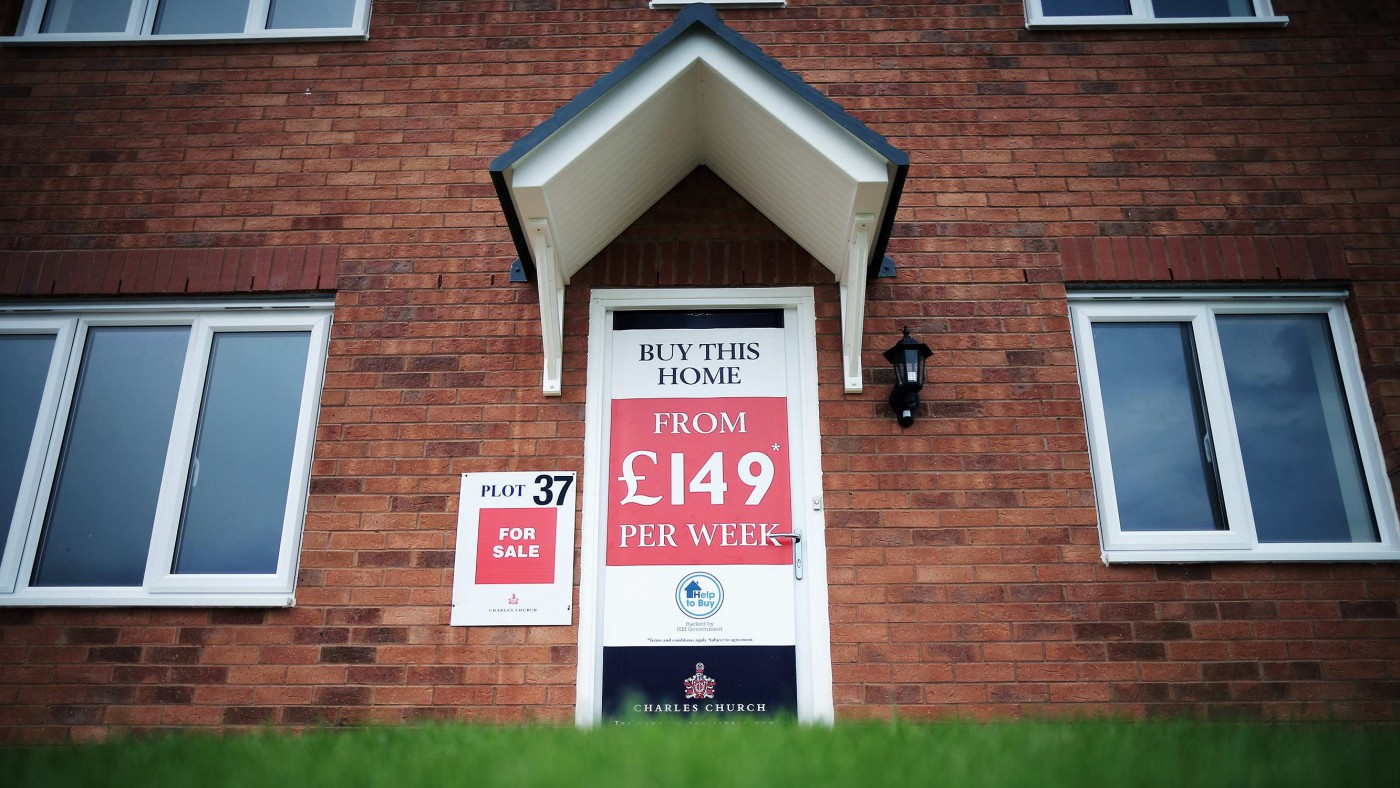Next month sees the launch of the UK government’s Help to Buy ISA. Six of the UK’s biggest banks will provide this product. Savers will be able to put away up to £12,000 and the Government will top this up with a 25% bonus. It is designed to help boost the deposits accrued by first time buyers and boy, it sure does that. The Help to Buy ISA offers an effective risk free annual interest rate of 10.6%. Try getting that elsewhere on the High Street.
To fuse the aspiration of home ownership – something so deeply embedded in the British psyche – with state subsidised saving is masterful politics. It is also this government’s worst display of economic illiteracy.
According to the Office for Budget Responsibility, the Help to Buy ISA will funnel £835 million of taxpayer subsidies into the UK housing market by 2019/20. This is a sector already worth £5.7 trillion. UK residential property already attracts a £3.7 billion public subsidy through Help-to-Buy mortgage guarantees and equity loans, a further £6.7 billion a year in mortgage interest tax relief and £10.4billion a year in Principal Private Residence Tax Relief. If the European Commission were to investigate the UK for providing state aid to the residential property sector the UK would be bang to rights.
The decline to near zero real interest rates has made the yield available from residential property increasingly attractive to investors as evidenced by equity inflow running at £20bn per annum and the growth in buy-to-let mortgages. These loans now make up for 18% of all new lending. The Help to Buy ISA will only succeed in driving prices higher, further damaging labour mobility and moving even more properties out of the reach of the next generation of first time buyers. This government, following the lead of its predecessors, is presiding over the next stage of a dangerous Ponzi scheme.
Creating a residential property market that rewards effort and aspiration would lead policymakers to dismantle existing property subsidies rather than add to them. This approach would reduce prices rather than increase them but this would enhance affordability and avoid further swelling a sector that has already become too big to fail. So where is the analysis that led the Government to spend over £2bn during Parliament on the Help to Buy ISA?
As a former government economic adviser I recall the important role that impact assessments had in shaping policy. These are the documents produced by Civil Servants to advise ministers on the range of options available to achieve a government objective. No such document for the Help to Buy ISA is in the public domain. Why? The Government has form in this area. In June 2014 the Public Accounts Committee scolded the Coalition for the absence of an Impact Assessment supporting the introduction of original Help-to-Buy loan guarantee scheme. This criticism was ignored when the Help to Buy ISA was conceived. How can the public be confident that Ministers took any advice on whether this was an effective and efficient use of public funds?
Earlier this week the government did provide more information on the Help to Buy ISA. This document failed to shed further light on why the ISA is being introduced. Rather, it informs potential savers that a legal representative will be required to apply online for the government bonus. With the legal costs of the average housing transaction totalling more than £1,000 it would appear unlikely that conveyancers or solicitors will be offering this service for free. Where is the assessment of the additional costs faced by homebuyers and the costs to the public sector of administering a scheme open to money laundering, fraud and error?
The government is right to be seeking a fairer distribution of home ownership and encouraging first time buyers. It should be using its five-year mandate to begin dismantling the myriad of public subsidies that distort the residential property sector – rather than adding a further copper-bottomed, taxpayer-funded guarantee. At a time when hard choices are being made on public expenditure, we deserve better than the Help to Buy ISA.


